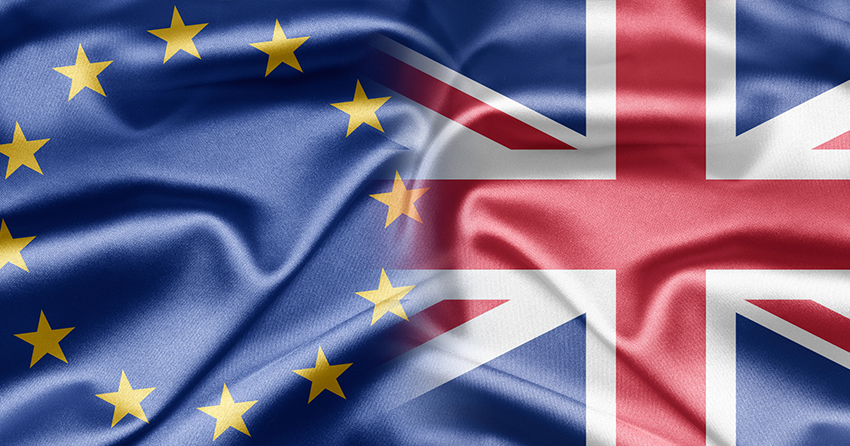PHOTO: The European Union and Britain — A Vote Today, The Issues Tomorrow
Conor McKenna and Scott Lucas write:
Voters decide today whether the United Kingdom will remain part of the European Union.
After months of debate and campaigning, the outcome appears to be on a knife’s edge. All Poll of Polls have Remain and Leave in an effective dead-heat, albeit with Remain staging a late recovery after its wobble earlier this month.
See EA’s Britain and EU Analyses
The Financial Times’s compilation of surveys gives Remain a 47-45 edge. The Telegraph, including only those who are decided, has Remain leading by 51-49.
The last four individual polls, published on Wednesday, are split. One sample — the smallest sample of the four — was 48-42 for Remain, while the largest poll put the margin among decided voters at 51-49. In the other two polls, Leave had 45-44 and 43-41 edges.
See Britain Video Special: 8 Academics with 8 Reasons to Stay in EU
Britain Video Opinion: A Vote For Decency — Why I’ll Back Remain in EU Referendum
Neither campaign is likely to pleased with their showing in recent weeks, with surges on each side followed by difficulties and a return to relative stalemate. Remain struggled to put the economy at the center, despite the near-unanimous conclusion that the UK outside Europe will suffer a loss in GDP by 3 to 5.5% by 2020, compared to its position if it stayed within the EU.
Remain’s lead evaporated earlier this month, with Leave gaining an advantage of up to 4% in polling. Instead of confronting the economic issue, Brexit’s leaders relied on a message about the supposed threat of immigration to the UK.
The tactic appeared to work, with more than 60% of voters at one point saying that it was their leading concern. However, Leave then overplayed its hand last week. Nigel Farage of the UK Independence Party provoked widespread condemnation with a poster picturing queues of refugees — taken on the Serbia-Croatia border, although Farage did not mention that — to proclaim that the UK is “At Breaking Point”. Hours later, the popular MP Jo Cox, known for her campaigns for compassionate treatment of migrants and refugees, was assassinated by a man who shouted “Britain First!”.
See Britain Opinion: Brexit, The “Enemy Within”, & Killing of Jo Cox
Far from being resolved, issues about the UK and Europe have been used to stoke tension. That will present on the day after the referendum. Beyond the splits in Britain’s political parties — notably the ruling Conservatives — the Remain side will have to confront the details of the UK position if the EU continues along a path of integration, possibly towards a federal system, as well as the practical issues surrounding the inclusion of immigrants. A successful Brexit will face not only the prospect of a declining economy but also a Britain riven between its “little England” vision and those who have preferred multi-cultural communities and a positive relationship with Europe. There will be also be the far-from-incidental consequence of a Scotland which will likely reconsider independence if Leave triumphs, and of the relationship between Northern Ireland and the Irish Republic.
See Britain Analysis: Why Northern Ireland Is Vital in EU Referendum
But Which Way Today?
For today, however, the issues will await the vote. Given the close margins in the polls, the obvious but far-from-enlightening statement is that the final shift among the undecided could be vital. The number still making up their minds has decreased in recent polls to about 8%, but that is still far greater than the gap between the two sides.
A sharper eye will be on the outcome with “soft” voters — those who have expressed a preference but may not be committed to going into the ballot box today. The side that can better ensure that support turns into a vote is likely to triumph today.
This is linked to an important, but now largely forgotten, moment two weeks ago. In the days before voter registration closed, more than one million people signed up. The prevailing view is that the majority of those late registers, particularly if they are younger voters, will go for Remain.
That is not established, of course. So a rule of thumb could be this: if voter turnout is above 60% today, Britain will probably still be in the EU tomorrow. If turnout is below that figure, that the UK will have chosen to go it alone for its economic and political future.

